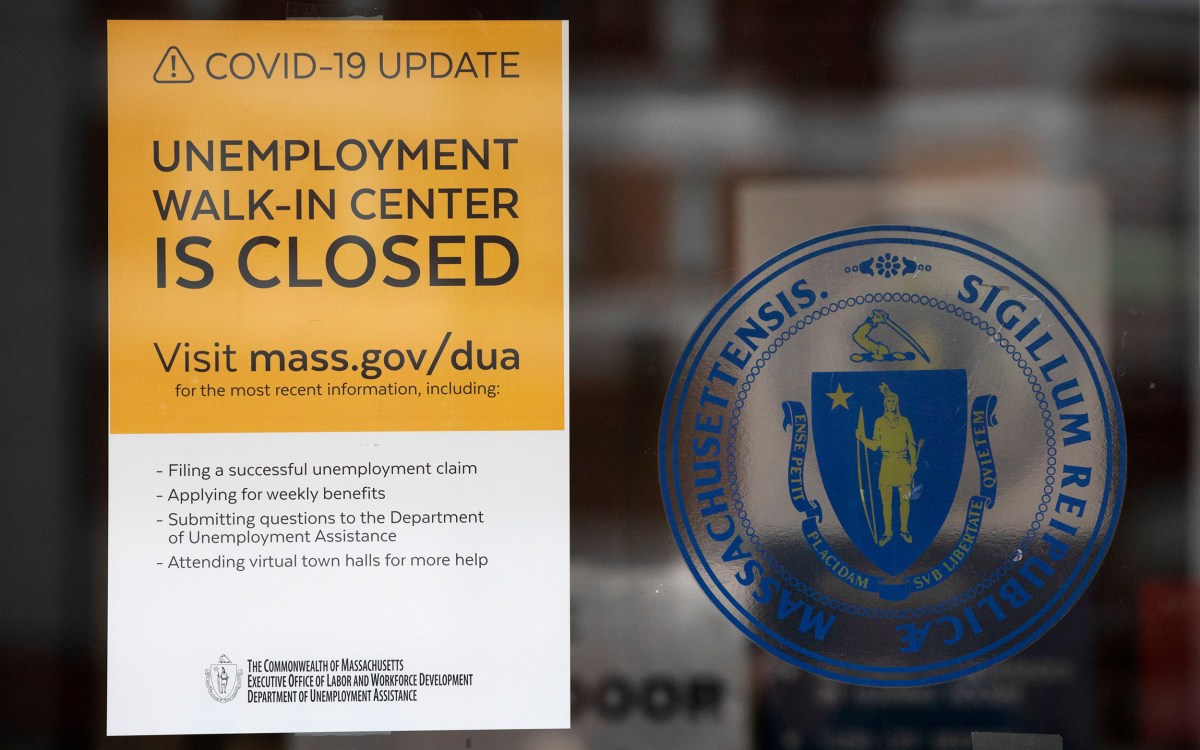
Pixabay
The gig is up
High skills freelance economy surges as digital talent platforms help build new on-demand workforce
Researchers from Harvard Business School’s Managing the Future of Work Project and Boston Consulting Group’s Henderson Institute today released the report “Building the On-Demand Workforce,” which explores the recent rise of digital talent platforms and how they are creating a new marketplace for high-skill freelance work.
Companies that are early adopters of these platforms see a competitive advantage in shifting their workforce model to a blend of full-time and freelance employees, while, at the same time, millions of highly skilled professionals, who seek flexible and remote work, are using these platforms to connect with employers.
Researchers surveyed nearly 700 senior business leaders at U.S. companies. The goal of the survey was to understand better the pervasiveness and patterns in use of new talent platforms. The report is based on information from this groundbreaking survey as well as in-depth interviews with representatives from the talent platforms themselves and the companies that use them.
“Our research showed that many leadership teams have not yet fully grasped the strategic significance of these talent platforms. They are more than a stopgap, they are a means for resolving the chronic problems companies face while filling their talent needs. Business leaders cannot risk missing a critical opportunity to build a more flexible, resilient organization,” said Joseph Fuller, professor of management practice and a co-chair of the Project on Managing the Future of Work at HBS.
Transforming the workforce transforms the work
Due to rapid automation, digital transformation, and demographic change, companies are increasingly struggling to find people with the skills they need when they need them. A growing ecosystem of more than 300 talent platforms has emerged that offer companies on-demand access to highly skilled workers. These high skill platforms — companies like Catalant, InnoCentive, Kaggle, Toptal, and Upwork — can be grouped roughly into three categories: marketplaces for premium talent, digital freelancing marketplaces, and crowdsourcing innovation platforms.
The COVID-19 crisis has underscored the need for companies to be more nimble in reacting to changes, managing fixed costs, and managing the work itself, lending even more importance to the fact that users of platforms report increased speed to market, productivity, and ability to innovate.
Now is the time to get strategic
More like this
The survey shows that an increasing number of managers have been experimenting with these new talent platforms, but to bring about change on the scale needed to innovate new business models, the study underlines that companies will have to get strategic and appoint a C-suite leader to explore how talent platforms can unlock new sources of value.
“New models should not simply be used to outsource what was previously done in-house; instead, they should prompt companies to fundamentally reconsider what their core business model can look like in a talent-fluid future,” said Allison Bailey, a managing director and senior partner at BCG.
The report, along with an executive summary with key findings can be downloaded here.








